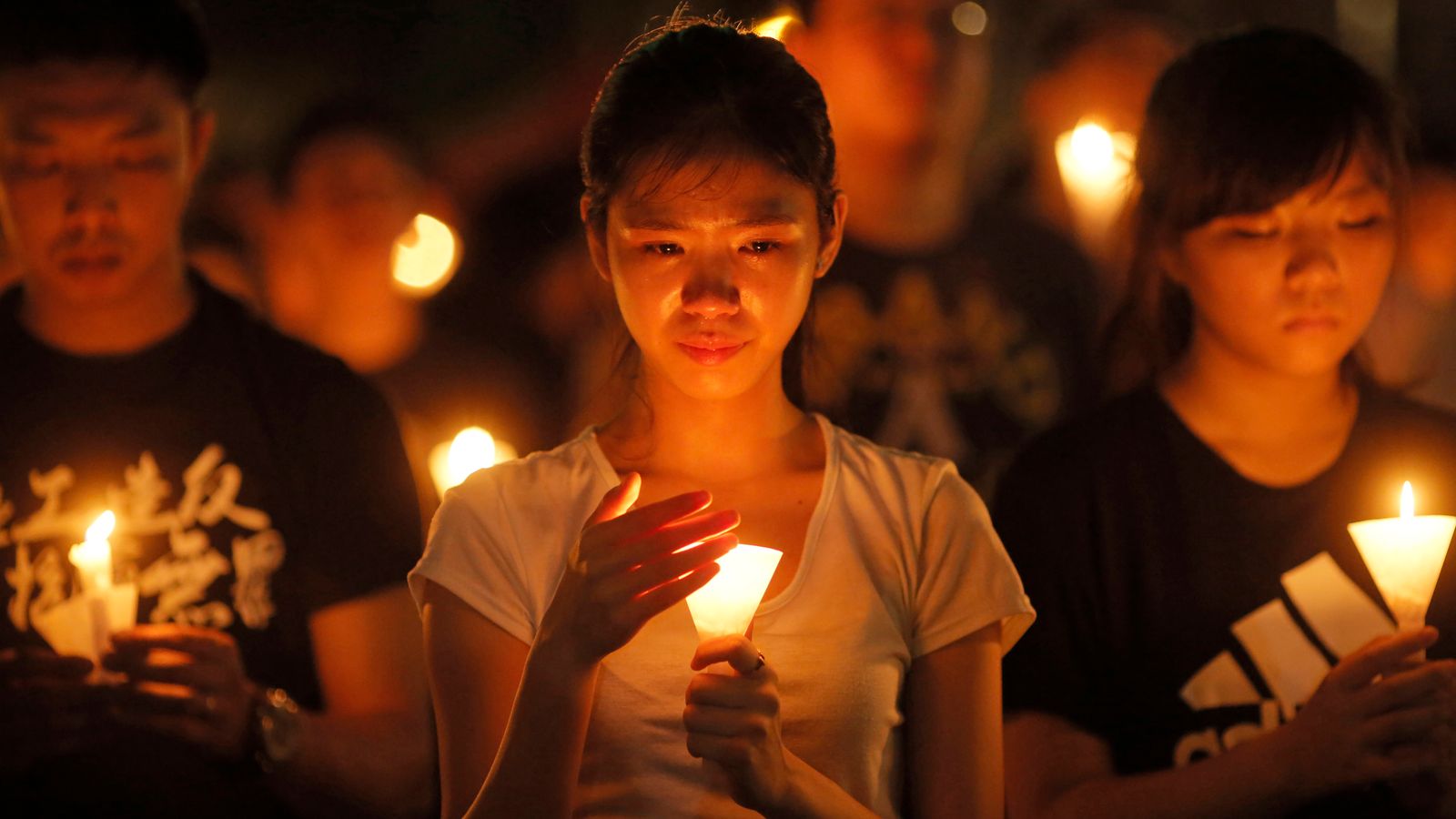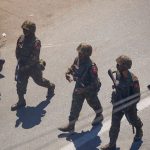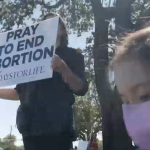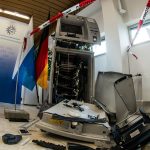A Hong Kong pro-democracy group, which held annual vigils to remember the victims of China’s military during the 1989 Tiananmen Square protests, has voted to disband during a crackdown on political activism in the semi-autonomous city.
Police had notified the Hong Kong Alliance in Support of Patriotic Democratic Movements of China last month that it was under investigation over allegedly working for foreign interests, an accusation the group denies.
While they called the probe an abuse of power, core members voted 41-4 at a meeting on Saturday to bring the 32-year-old group to an end.
Tens of thousands of people had attended the annual vigil until authorities banned it in 2020, citing anti-pandemic measures.
The government investigation came during heavy restrictions on people in Hong Kong following mass pro-democracy protests in 2019 and the imposition of a sweeping national security law by China’s ruling Communist Party last year.
The legislation effectively criminalised opposition and severely limited free speech, while other measures have heavily reduced popular participation in the city’s electoral process.
Two detained Canadians return home from China after Huawei’s Meng Wanzhou allowed to leave Canada
China’s cryptocurrency crackdown comes at a very opportune moment
China announces complete ban on cryptocurrencies
The law, which outlaws subversion, secession, terrorism and foreign collusion to interfere in the city’s affairs, has forced several civil organisations to disband or seen their ties to the government cut.
More than 100 pro-democracy activists have been arrested under the law, including leaders of the Hong Kong Alliance, while other opposition figures have sought asylum abroad or been intimidated into silence.
In August, the prominent Hong Kong Civil Human Rights Front, made up of a slew of member organisations, said it could no longer operate and chose to disband.
The group helped organise large protests in 2019, which grew increasingly violent as mostly young demonstrators battled police.
The annual vigil had honoured those who died when China’s military violently suppressed massive pro-democracy protests in Beijing’s Tiananmen Square on 4 June 1989.
The topic has long been taboo in mainland China and Hong Kong had been the only place in the country allowed to hold such a commemoration. Smaller crowds gathered this year and in 2020 despite the police ban.
Police had asked the alliance to hand over any information about groups they had worked with overseas or in Taiwan – the self-governing island democracy China claims as its own territory – as well as contact information. They did not mention what specific incidents prompted the investigation.
Critics say the national security law restricts freedoms Hong Kong was promised it could maintain for 50 years following the territory’s 1997 handover to China from colonial Britain.
Amnesty International’s Asia-Pacific director Yamini Mishra said “the effectively forced disbandment” of the alliance showed the Chinese authorities are seeking to censor all mention of the crackdown in Hong Kong, as it has on the mainland.
“After the recent demise of some of Hong Kong’s largest unions and the group organising some of the city’s largest protests, it is clear the Hong Kong government is targeting civil society groups with broad support and the capacity to mobilise,” Ms Mishra said.
“Worryingly, the government’s crackdown on such organisations seems likely to continue.”






















